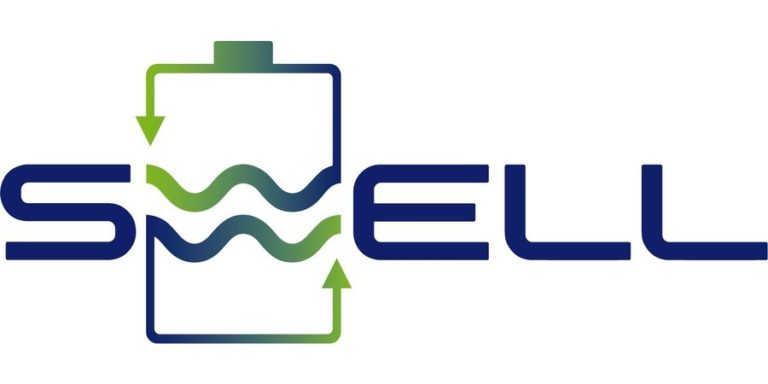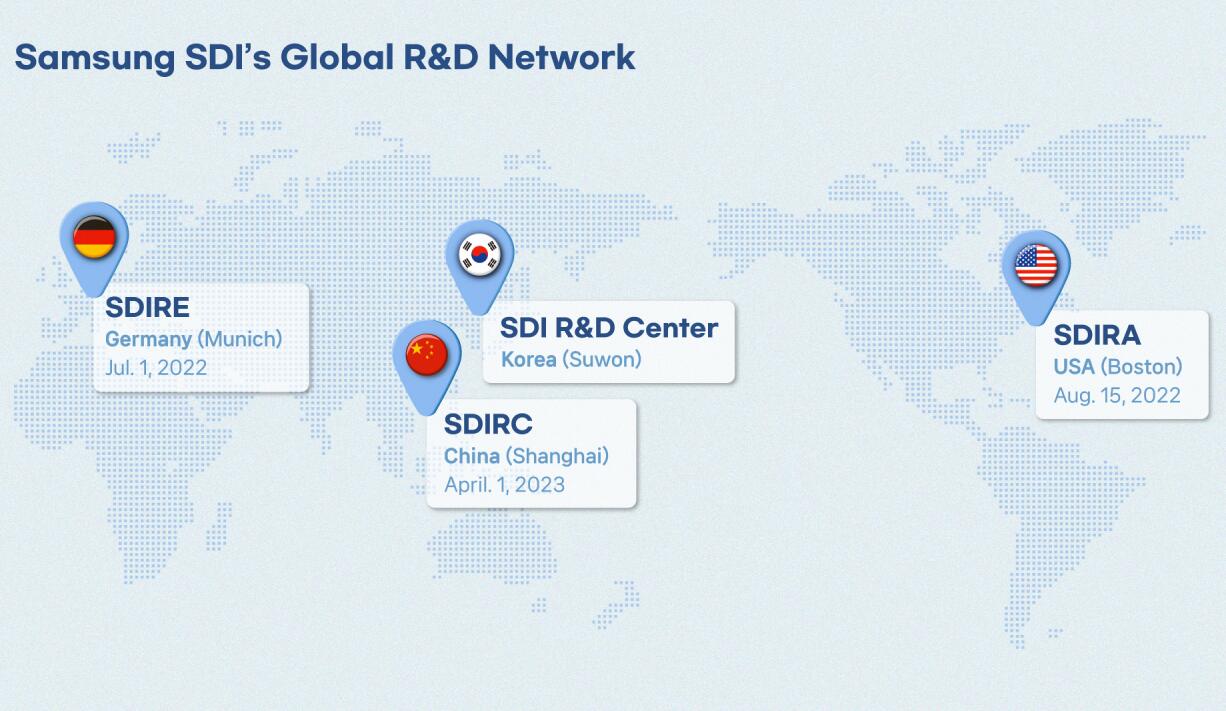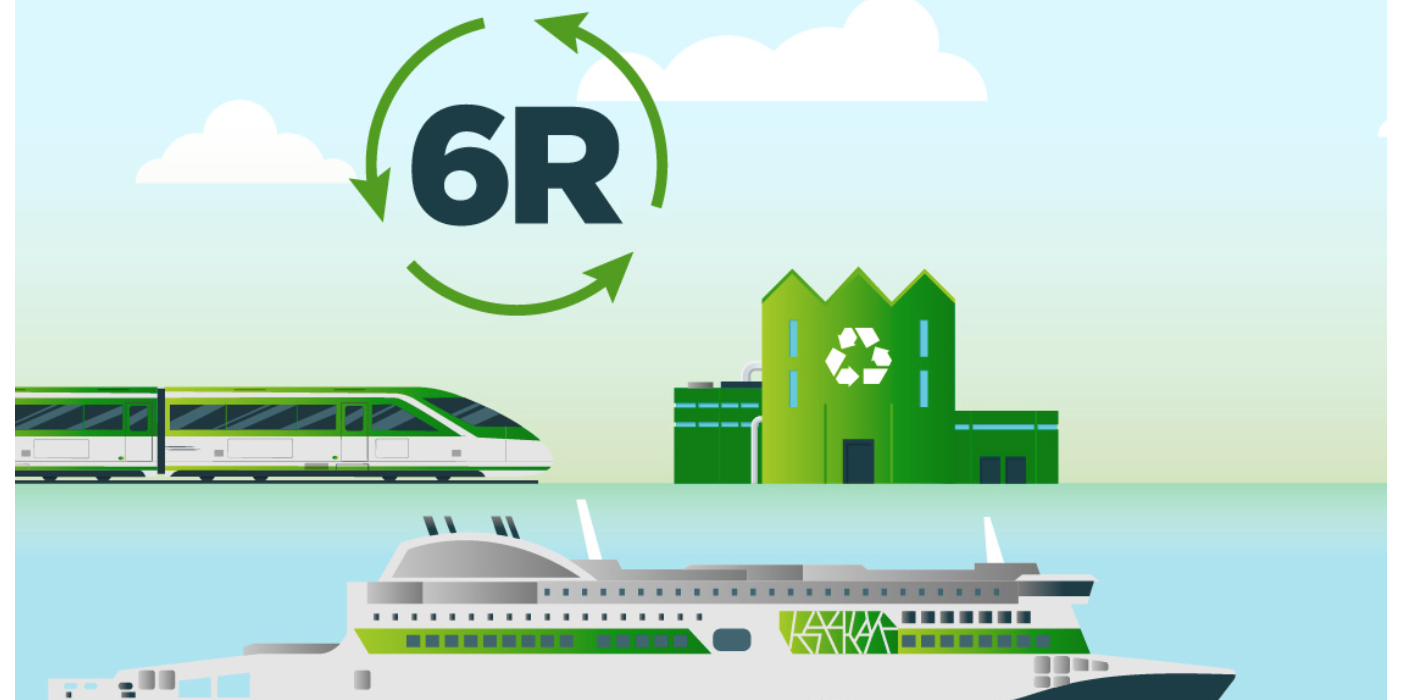Germany is leading the way in improving the sustainability of lithium-ion batteries through a joint project called SWELL. Led by battery electrolyte company Elyte Innovations, the project is working with researchers at the Technical University Dresden and the automotive lubricants company, Fuchs Smierstoffe, to recover non-metallic components from batteries, including lithium salts, solvents, and electrolyte additives.
SWELL is focused on a different approach than most battery recycling research projects, aiming to recover critical raw materials, such as lithium, fluorine, and phosphorus, from electrolyte components. The consortium is developing and evaluating efficient separation methods of liquid and solid electrolyte components to increase material recovery rates during recycling. The goal is to reintroduce these materials back into the battery materials cycle without the need for mining.
See also: New Class of Electrolyte Materials Discovered for Improved Solid-State Battery Conductivity
Dr. Kai Schwedtmann from the Chair of Inorganic Molecular Chemistry at Technische Universität Dresden explains the significance of this approach, saying, “their recovery and efficient reprocessing with the aim of direct reuse in LIBs (Lithium Ion Batteries) is therefore of great interest and can lead to a significant increase in the sustainability of battery cell production.”
The project is funded by the German government, and Professor Jan Weigand, the project manager from the Technical University of Dresden, confirms that their aim is to improve access to battery materials in Europe while reducing the environmental footprint of LIBs. By providing secondary components from cost-efficient processes, the consortium hopes to reduce dependencies on non-European suppliers along the battery value chain.
See also: US Department of Energy Allocates 42 Million Dollars for 12 Projects to Improve EV Battery Cells
This partnership between industry players and academic researchers demonstrates the potential for collaboration to drive sustainability improvements in technology. By developing innovative approaches to battery recycling, such as SWELL, we can reduce the environmental impact of battery production while increasing the availability of critical raw materials.






